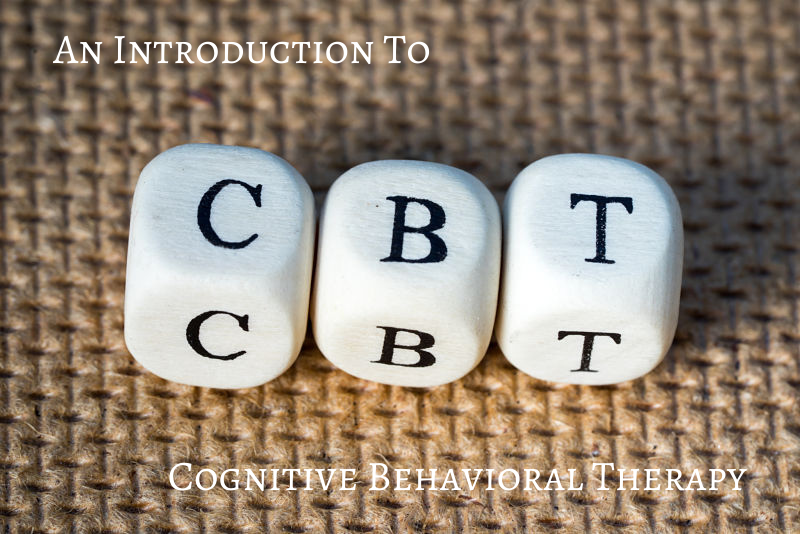Cognitive-Behavioral Therapy (CBT) was developed as a method to prevent relapse when treating problem drinking, and later it was adapted for cocaine-addicted individuals. Cognitive-behavioral strategies are based on the theory that in the development of maladaptive behavioral patterns like substance abuse, learning processes play a critical role. Individuals in CBT learn to identify and correct problematic behaviors by applying a range of different skills that can be used to stop drug abuse and to address a range of other problems that often co-occur with it.
Behavioral Skills
This is a set of behaviors that an individual uses to get accustomed to and manage problematic drug use. Consistent use of these new behavior skill sets eventually develop into a pattern of maladaptive behavior that is repeated over time expecting to fix a problem that will arise in the future.
The type of behavior displayed is characterized by frequent change, emotional reactivity, and cognitive difficulties. Changes in an individual’s mood, feelings, and perceptions are very visible and usually affect both conscious and subconscious aspects of an individual.
Recognizing this happenings is the key to effective CBT treatment. One must learn to manage his or her cognitive rhythms, an increase in changes in mood, physical symptoms including fluctuations of blood pressure and heart rate, and behavioral indicators including anxiety, insomnia, and brain storming.
Cognitive and behavioral disorders are associated with cocaine use because patients frequently show impaired ability to develop mental strategy as well as reduced emotional regulation and insight, both of which are caliber of common CBT treatment programs.
Individuals who do not see the importance of the cognitive and behavioral changes associated with cocaine use and recovery concentrate on addiction problems alone, neglecting the role of psychological disorders in cocaine use problem.
All the systems need maintenance and supervision, allowing for the regular evaluation of cognitive and behavioral changes. One must be sensitive to these imbalances and adjust treatment accordingly. Friendship and support is vital when Language team members attempt to help.
Consistent and interpersonal management of cognitive, behavioral, and interpersonal symptoms of addiction as well as other related problems have the potential to determine the effectiveness of CBT treatment.
Impact of CBT Treatment on an Individual
Cognitive behavioral therapy may offer keen psychological counseling to view the impaired functioning of an individual and to set goals and plans to change behaviors. This counseling may also play a key role in working through emotional reactions and/or cognitive distortions via psychotherapy. Cognitive behavioral therapy is unlikely to be of benefit to the individual if the individual is not willing to perform the objectives, and be involved in the plan of action.
It has been found that some individuals show marked deficits in cognitive and can develop severe deficits in judgment control during the active period of cocaine use, and a persistent lack of it usually develops in a later period of the plan. This judgment system may make it difficult to sustain continued engagement in drug use.
Cognitive or memory dysfunction may be a factor of cognitive behavioral therapy as working through any type of cognitive difficulty is difficult. During active phase of the program, participants may encounter difficulty in meeting both psychological and logical expectations. However, it has been found that cognitive behavioral therapy is futile at the second phase of active stage of detox, so the team must continue to do outpatient maintenance sessions.

